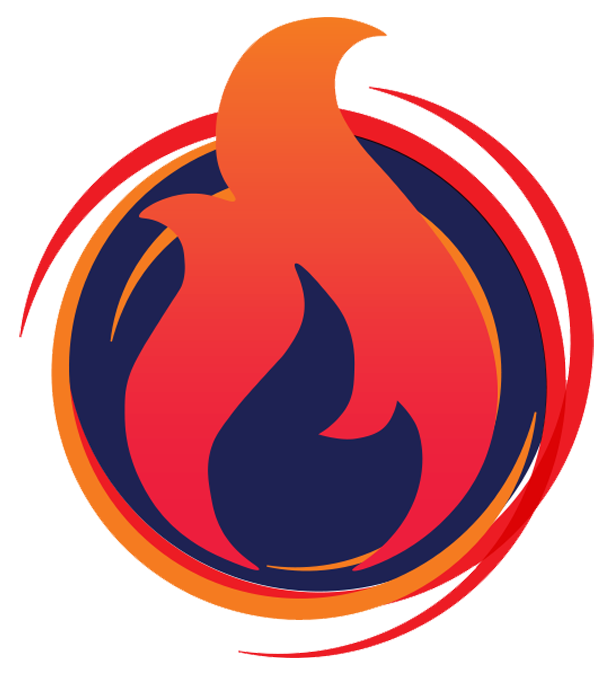End of Year Data Results
North Carolina’s standards are focused on the most critical knowledge and skills that students need to learn to be successful at the next grade level and life after high school. Corresponding assessments include more open-ended questions and real-world applications of student learning. In practical terms, this means students are expected to master more relevant material, to solve problems that reflect real-world questions, and to express their ideas clearly and with supporting facts.
Although North Carolina public school students have been taking end-of-grade and end-of-course assessments since the early 1990s, the new assessments are more rigorous and are based on standards that no longer focus only on grade-level proficiency but also on career and college readiness measures designed to help students be successful after
high school graduation.
View the current District Accountability Results.
For a more detailed explanation, view the NCDPI Accountability Framework.
Additional information may be found on the N.C. Department of Public Instruction's website.
Read to Achieve
As part of the Read to Achieve law (G.S. §115C-83.1) passed by the General Assembly in 2012, third-grade students receive extra attention in North Carolina. Under this state law, third-grade students who are not reading at grade level by the end of third grade will receive extra help, including summer reading camp and other interventions to make sure that they can read well enough to be able to do fourth-grade work.
View the Johnston County Public Schools Read to Achieve Results.
Additionally, as part of Read to Achieve Legislation, the NC Department of Public Instruction provides local districts with the mCLASS assessment tool for students in Grades K-3. This assessment resource includes benchmark assessments and ongoing progress monitoring to comprehensively support each student’s literacy development with foundational reading skills assessments.
